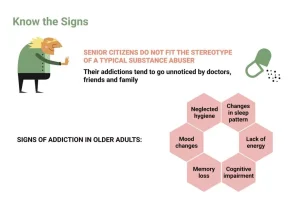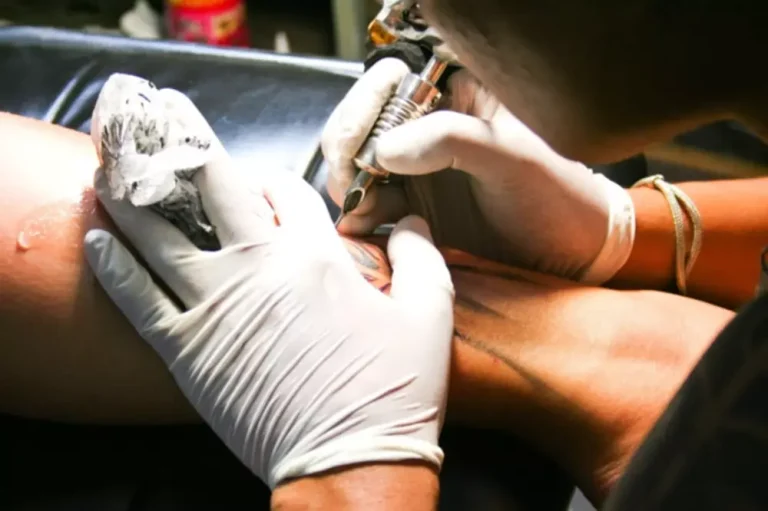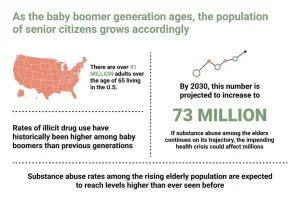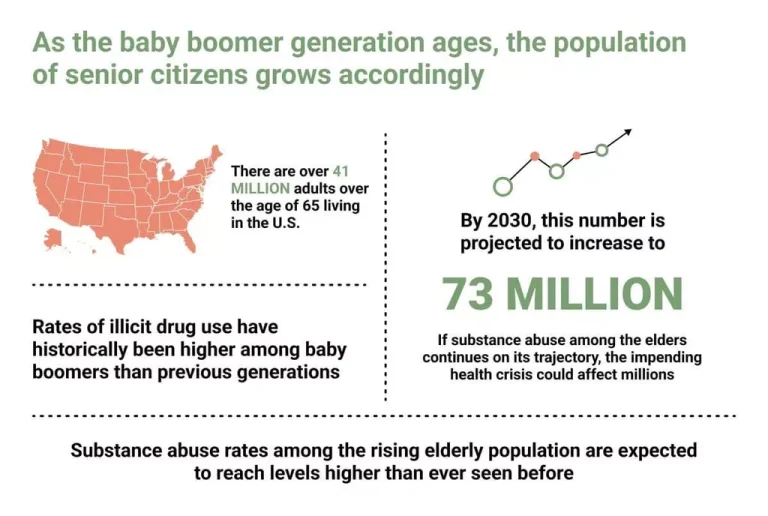The Impact of Alcohol and Eliquis: Managing Your Health

Alcohol thins the blood by increasing the activity of clotting factors like factor VII, leading to a higher risk of blood clots. It also raises levels of plasminogen activator inhibitor-1 (PAI-1), which prevents clots from breaking down, affecting the balance between blood clotting and thinning, especially in heavy drinkers. Many blood thinners explicitly warn against alcohol use, as these medications require careful dosing to avoid making the blood too thin.
What Type of Blood Thinner Is Aspirin?
Over time, the persistent irritation from alcohol can weaken the stomach lining, increasing the susceptibility to ulcers. Otherwise known as rivaroxaban, this anticoagulant comes in tablets and granules and is often prescribed if you have a blood clot in the lung (pulmonary embolism). The most popular blood thinners are aspirin, which can be bought over the counter, and Warfarin, which is prescribed. Taking all these factors into account, the safest choice is often to limit or abstain from alcohol while on blood-thinning medications. Your insurance plan may cover some or all of the cost of treatment for drug or alcohol addiction. Our online health insurance verification system will estimate your in-network and out-of-network deductibles, coinsurance percentages and out-of-pocket maximums.
- The term “holiday heart syndrome” has been coined to describe the occurrence of atrial fibrillation episodes after periods of heavy drinking, such as during holidays or weekends.
- Drinking alcohol can sometimes be a touchy issue between patients and doctors.
- Elevated blood pressure places extra stress on the heart and increases the chances of heart attack, stroke and heart failure.
- In moderate amounts, some people believe alcohol may even confer minimal heart-health benefits.
Have Questions? Ask Our Expert Doctors.
For those struggling with alcohol misuse, giving up drinking while on blood thinners can be difficult. Even knowing the hazards, a person with alcohol addiction may continue mixing the two. If you or someone you love is struggling with alcohol addiction, professional treatment at a licensed rehab facility can help.
Is it safe to drink alcohol while taking Eliquis?

The combination of alcohol and Eliquis can significantly increase your risk of bleeding. According to a study indicated by the American Blood Clot Association, the alcohol content in 1 or 2 drinks may reduce blood clotting time and amplify the anticoagulant effect of Eliquis. This effect can be quite concerning, especially when considering the prolonged what is Oxford House presence of Eliquis in the body due to alcohol consumption.
Alcohol and Blood Thinners Before Surgery
In this article, we will delve into the complex relationship between alcohol and blood thinners and what consequences can occur if one drinks while on a blood thinner. We’ll also explore some of the possible solutions to mitigate these risks. So if you want to cut through the confusion with a clear understanding of alcohol’s impacts on your blood thinner routine, read on! If you or a loved one are having trouble with alcohol dependence, please don’t hesitate to get in contact with us. Yes, alcohol increases heart rate as well as raise blood pressure during the initial stages of intoxication.

Clonidine for Drug and Alcohol Withdrawal Treatment

If you drink alcohol frequently or drink large quantities, or if you have liver disease, let your prescriber know before treatment starts. You may need a dose adjustment in addition to testing of your prothrombin time (PT) or International Normalized Ratio (INR). It is very important to tell your doctor or anticoagulation clinic whenever you start or stop any medicine. This includes medicines you can buy without a prescription, herbal products, and vitamins. Occasionally your healthcare provider will want to check the health of your kidneys when taking Eliquis, with a blood test. You do not need to have routine blood testing to check the amount of apixaban in your body.
Alcohol and Blood Thinners: Is Mixing Them Dangerous?
Any big changes to your food intake – including ramping up the amount of these blood-thinning foods – can alter the effect of your prescription drug so seek medical advice. Even herbal supplements such as St John’s Wort, and herbal teas such as chamomile and green tea can interfere with Warfarin. As alcohol is a blood thinner itself, combining it with a medical blood thinner could mean your blood will thin too much, which might make it difficult to clot and this can mean you bleed excessively. In most cases, taking a low dose of aspirin, and drinking responsibly should not be dangerous.
- If you choose to drink while taking warfarin, have the combination approved by your doctor first.
- In fact, most blood-thinning medications will specifically advise against mixing them with alcohol.
- There are too many variables to make a blanket statement that alcohol is good for your blood pressure.
- Caution is warranted because Arixtra is given via injection, and any bruising at the injection site could be more severe if alcohol’s blood-thinning effect is present.
Avoiding the combination of blood thinners and blood thinners and alcohol alcohol is much more difficult for those addicted to alcohol. Even though it could be harmful, people who struggle with alcohol abuse may find themselves combining alcohol and blood thinners even though they know they shouldn’t. Alcohol and blood thinners interact in different ways that will vary for each individual. This makes it hard to predict exactly what will happen, but it increases the risk of either bleeding or clot-related problems. Alcohol can also increase the risk of injuries, which can bleed more easily while someone is on blood thinners.



